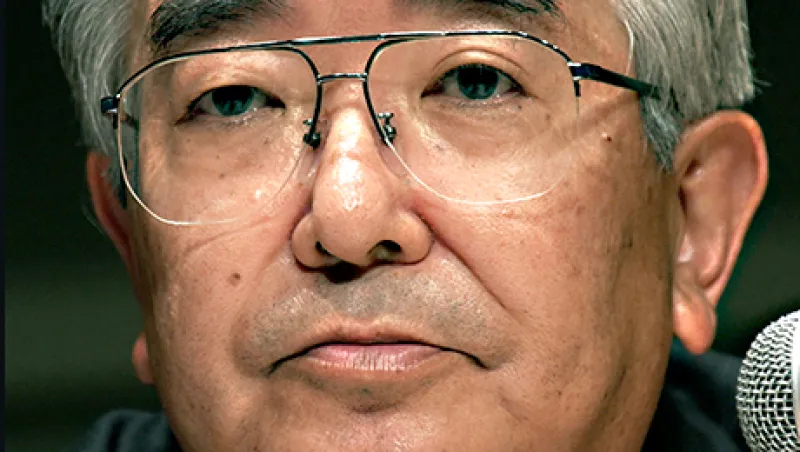
KKR Japan Gains Key Ally By Hiring Atsushi Saito
Saito brings extensive knowledge of Japan’s public and private spheres to his role at the U.S. alternative-asset giant’s local outpost.
Allen T Cheng
August 31, 2015


